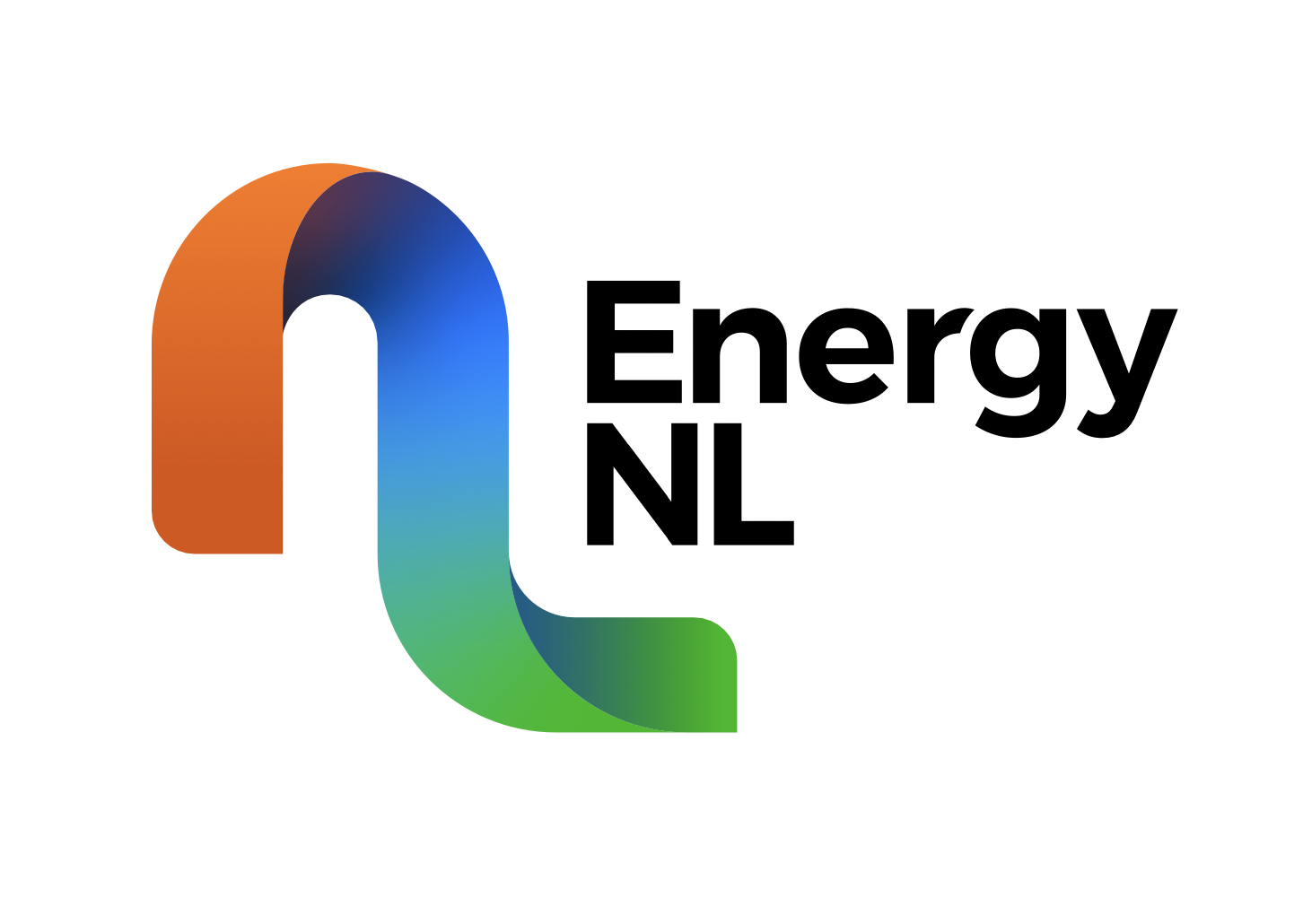St. John’s, NL – Noia, the Newfoundland and Labrador Oil & Gas Industries Association, will hold its Annual General Meeting (AGM) and elect its 2017 Board of Directors on Thursday, February 2, 2017, at The Delta St. John’s Hotel. The business meeting portion of the AGM will start at 11:00 a.m. with the keynote luncheon following at 1:00 p.m.
Noia is pleased to announce that Dr. Steve Bonnell, Environmental Assessment Practice Leader, Amec Foster Wheeler Environment and Infrastructure, will deliver the luncheon keynote address. Presenting Oil and Gas Exploration in NL: Plans, Process and Potential, Dr. Bonnell will discuss the key environmental regulatory review processes that apply to proposed exploration programs in the province and provide some observations and recommendations on how these may be made more effective and efficient for all participants.
An abstract of Dr. Bonnell’s presentation, along with his biographical information, is below.
Media are invited to attend the AGM keynote luncheon. A media advisory and registration form will be issued on January 30, 2017.
—
BIOGRAPHY:
Dr. Steve Bonnell is Amec Foster Wheeler’s environmental assessment practice leader in Newfoundland and Labrador. He has nearly 20 years of experience in planning, managing and completing environmental assessments (EAs) and associated environmental studies, consultation programs and permitting for proposed developments in this province and elsewhere.
Dr. Bonnell is a very experienced EA practitioner who has completed assessments for various offshore and onshore oil & gas exploration and development projects. This includes serving as the manager and lead author for a number of recent and on-going EAs under CEAA (2012) and/or C-NLOPB EA processes for exploration drilling and seismic programs in Newfoundland and Labrador, as well as for the Eastern and Western Newfoundland Strategic Environmental Assessments completed for the C-NLOPB. He has also played a key role in the planning and completion of EAs for various other large projects, including the Labrador-Island Transmission Link, Lower Churchill Hydroelectric Generation Project, Wabush 3 Open Pit Mine, Kami Iron Ore Project and White Rose Oilfield Development.
Dr. Bonnell holds a master’s degree in geography from Memorial University of Newfoundland and a PhD in EA from the University of Dundee, Scotland. He has published and presented on EA and regulatory processes and approaches at national and international forums, and is an adjunct professor with the Department of Geography, Memorial University of Newfoundland.
ABSTRACT:
Proposed oil & gas exploration activities in Newfoundland and Labrador are typically subject to a range of environmental regulatory requirements, including review and approval under applicable federal (CEAA 2012), federal-provincial (C-NLOPB Accord Acts), and/or provincial (NL Environmental Protection Act) environmental assessment (EA) processes. EA is an important and widely used means of identifying and addressing the potential environmental effects of proposed development activities, and understanding and addressing these regulatory requirements in an effective and timely manner is an essential component of the planning and implementation of any proposed oil and gas activity. EA is often the first formal glimpse that governments and the public are given to proposed oil & gas projects, and it requires a proponent to “open up” its proposal to external review, scrutiny and eventual regulatory decisions about whether or not (and if so, how) their project may proceed. At the same time, the process also continues to function as an important planning tool for operators, where EA analysis and consultation can allow for the early identification and proactive management of key environmental issues and risks.
This presentation will initially provide an overview and evaluation of the application of EA requirements to proposed petroleum activities in Newfoundland and Labrador. This will include discussing a number of important regulatory and procedural issues and challenges that are often associated with these EAs, particularly as evidenced through recent experience under CEAA 2012, as well as some suggestions for improvement. From there, it will explore a number of available EA tools and approaches that offer significant potential to improve the EA review of future oil & gas projects and activities in this province. This includes the enhanced use of Strategic Environmental Assessment (SEA), which offers considerable further potential for improving the focus and efficiency of the downstream, project-level assessments that come after them. It will also explore the potential application of Class EA processes in this sector, which involves the completion of a single, comprehensive EA for a particular type of activity (as opposed to doing so for each individual project), thereby reducing unnecessary inefficiencies and duplication. The presentation will provide an overview of each of these EA approaches and tools and discuss their relationship to, and potential implications for, future oil & gas projects in this region, particularly in improving the effectiveness and efficiency of the EA review process for all participants.





